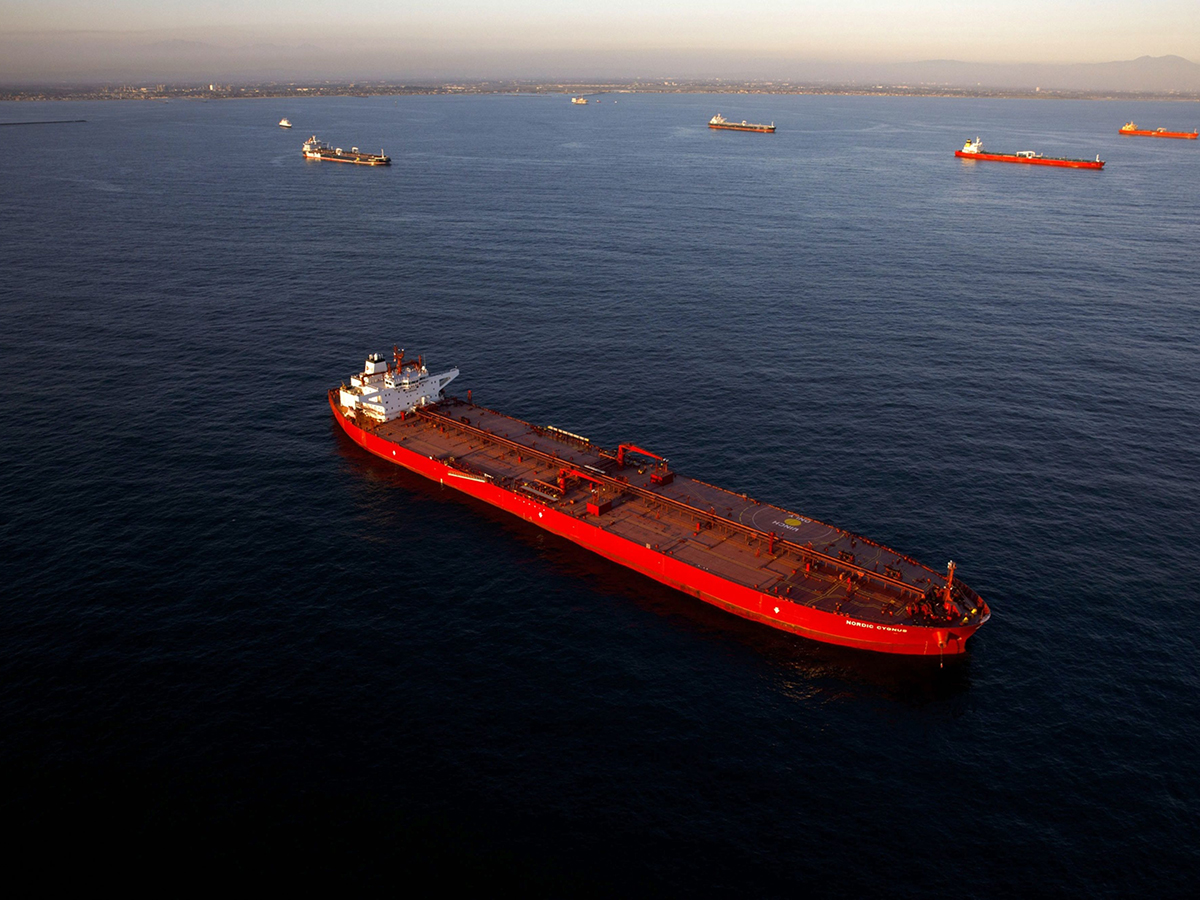Two weeks ago, Brazil made a significant shift to the left with the election of Luiz Ignacio Lula da Silva as president.
This is an impressive political comeback for the former president, who served from 2003 to 2010.
As Lula’s presidency was marked not only by an increase in Brazilian crude oil production but also by increased government interference in the oil sector management, BRS Tanker analyzed whether his return would affect tanker demand in the region.
Since 2000, Brazilian crude oil production has doubled to around 3 million barrels per day.
The engine of this growth has been the ultra-deepwater pre-salt fields, and Petrobras’ latest strategic plan calls for the company to rely more heavily on these fields in the medium term so that they will account for 79% of total production by 2026.

Brazilian production is expected to increase by 800 kb/d by 2026, making it the most significant contributor to oil supply growth in Latin America.
The increase in oil production has increased exports, which have tripled since 2000 to 1.6 million barrels per day.
Brazil is considered a secure source of supply for Asian refiners, which has led to several Chinese mega-refineries being explicitly designed to use Brazilian pre-salt crude, particularly Lula (API 29.3, 0.36% S) and Marlim (API 20.3, 0.74% S), as well as Middle Eastern heavy sour barrels.
As a result, exports of these grades to China increased by about 30% in 2019-21, so the Asian country took about 40% of Brazil’s total crude oil exports.
Data suggest that Suezmax and VLCC shipments increased significantly as more Brazilian oil was imported into Asia.
All told, Brazil is the second largest source of tanker demand growth in the Atlantic Basin after the United States.
Looking ahead to Petrobras and others, and despite the expected increase in production in Guyana, this is likely to remain the case in the medium term.
EUROPE AND THE RUSSIAN FACTOR
However, Brazilian oil flows have changed again this year, with European refiners using barrels from the South American country as a substitute for Russian crude.
In addition, China has seen its imports of Brazilian crude fall across the board due to blockades under its anti-covid policy.
This has resulted in China’s share of total Brazilian crude oil exports falling to 28%, while exports to Europe have increased by 70% and regularly exceed 200 kb/d.
As for Russia, although Lula da Silva will not become president until January, he has already stated that he wants to improve Brazil’s position on the world stage, and it, therefore, seems unlikely that he will want to jeopardize relations with the powerful G7 group by intensifying ties with the Eurasian country.
This suggests that Brazil is more likely to be able to do without Russian oil products next year than to increase imports.
Much will depend on the performance of the Brazilian economy, however, and importing cheap Russian diesel may prove too tempting to resist if fuel prices spike and hurt the economy.
SUPPLY CHAIN DISINVESTMENT
According to BRS Tanker, Lula da Silva has a history of taking steps to encourage domestic investment, often with mixed results.
For example, during his last presidency, he attempted to expand the Brazilian tanker fleet.
However, local legislation proved an obstacle, resulting in significant delivery delays and cost overruns.
Therefore, it is doubtful that Lula da Silva will attempt something similar this time and that Brazil will continue relying on third-party tanker owners.
On the other hand, Petrobras’ long-running process of divesting refineries could face headwinds.
It seems plausible that Lula da Silva could suspend or abolish this measure and intervene in the oil company to provide Brazilians with more fuel.
This sheds light on the controversial “pump parity” policy.
This policy links domestic fuel prices to international prices, which helps support imports but keeps costs high for Brazilians.
If this policy is abandoned, clean imports from Brazil will likely decline from the current 700 kb/d, a factor that has supported regional demand for LR and MR tankers in recent years.
All of this suggests that clean tanker markets have more to fear from Lula’s return in the short term, but ultimately his policies could have a long-term impact on crude tanker markets.

